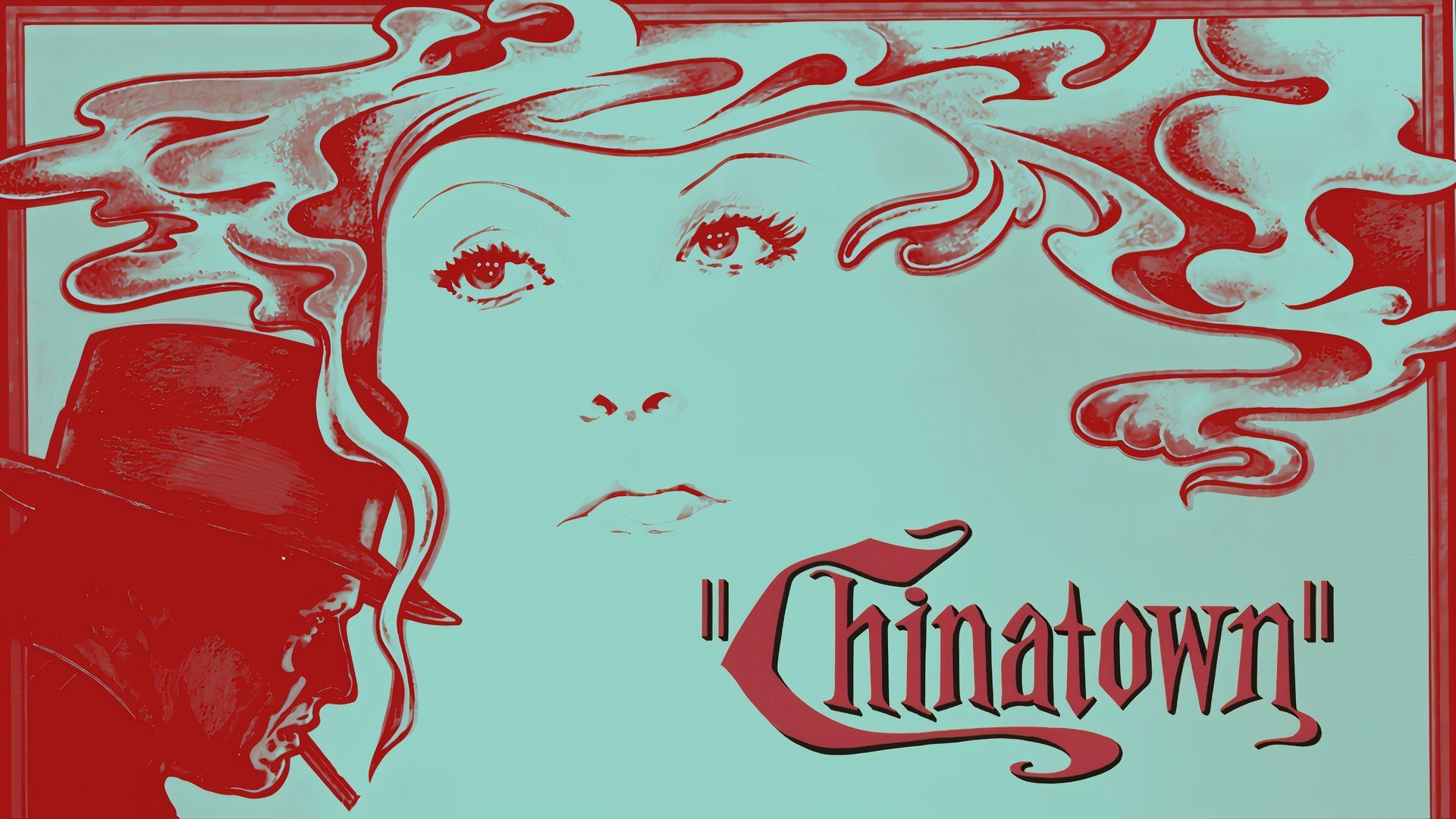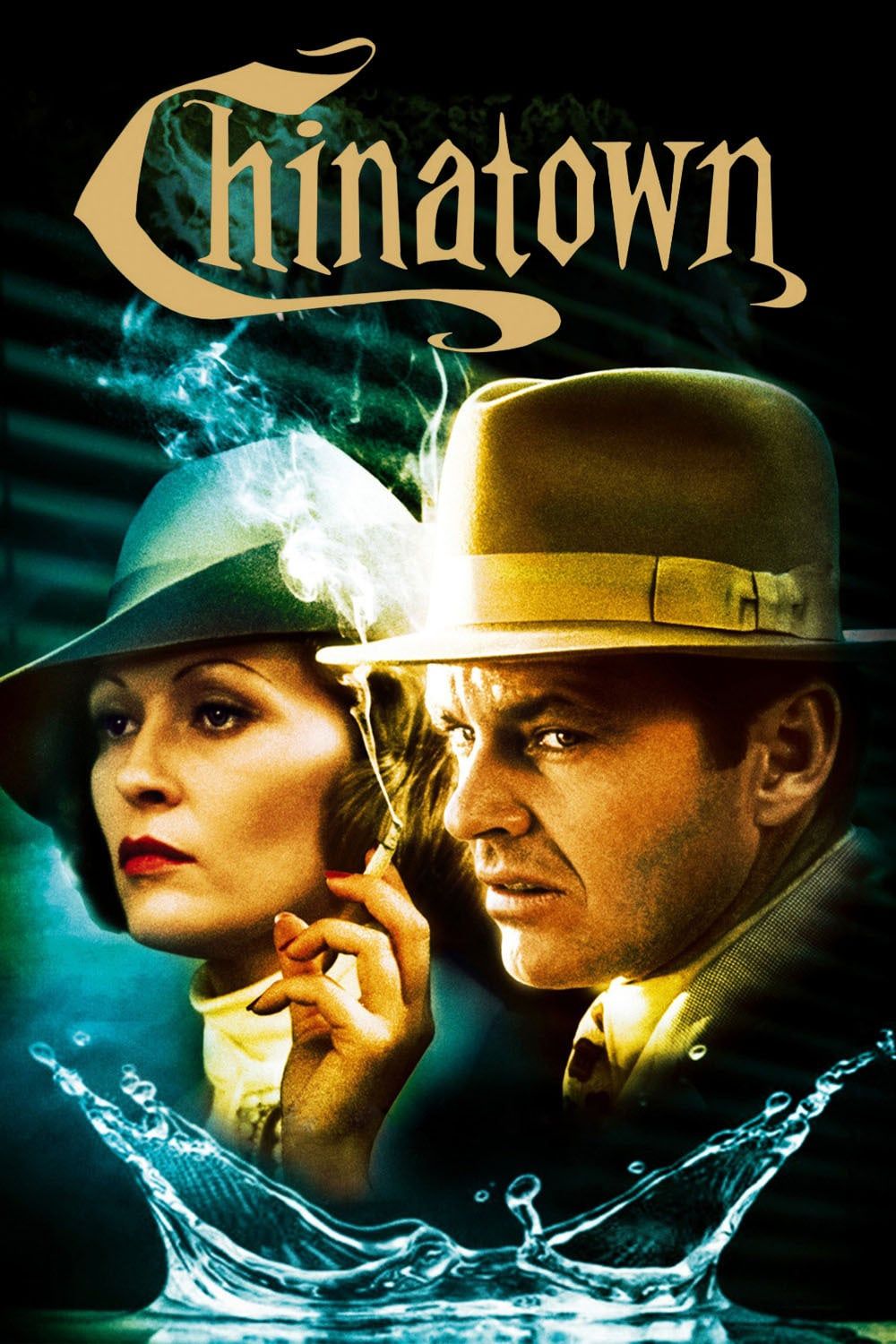Summary
- Robert Towne’s early work with Roger Corman led to a successful career in Hollywood, collaborating with Jack Nicholson on iconic films like
The Last Detail
and
Chinatown
. - Towne’s screenplays were known for their gritty realism, sociopolitical commentary, and dark, downbeat endings, shaping the New Hollywood era.
- Towne maintained a close friendship with Tom Cruise, collaborating on films such as
Days of Thunder
and
Mission: Impossible
.
Before legendary Hollywood screenwriter Robert Towne emerged as a leading voice within the New Hollywood movement in the early 1970s, he got his start in Hollywood working for B-movie legend Roger Corman, who hired him to write the low-budget 1960s horror films Last Woman on Earth and The Tomb of Ligeia.
Towne’s ascendance owed as much to being in the right place at the right time as his prodigious talent. Through Corman, he met fellow Corman alumnus Jack Nicholson in the late 1950s, when Nicholson and Towne studied together under black-listed actor turned revered acting teacher Jeff Corey. Their friendship cemented his fate and future and resulted in one of the most defining collaborative relationships of the New Hollywood era, beginning with the acclaimed 1973 comedy-drama film The Last Detail and then followed by the classic 1974 neo-noir mystery film Chinatown, for which Towne won an Academy Award.
With The Last Detail, Chinatown, and the irreverent 1975 comedy film Shampoo, Towne was instrumental in ushering in a new cinematic era in which gritty reality was presented in uncensored form for the first time, along with heavy doses of satire and sociopolitical commentary.
While the announcement of Towne’s death on July 1, 2014, at the age of 89, certainly marks the end of an important era in cinematic history, his legacy is plainly visible both in terms of how films are made today and especially in how so many people wish they were still being made.
Robert Towne Shaped the New Hollywood Era
While Jack Nicholson’s star-making performance came in the iconic 1969 road drama film Easy Rider, Towne, who did uncredited script work on such seminal films as Bonnie and Clyde and The Godfather, achieved his own career breakthrough with Nicholson and Towne’s first formal collaboration, the 1973 comedy-drama film The Last Detail, in which Nicholson stars as Buddusky, a brash Navy man who is tasked with transporting a frightened young recruit to a military prison.
The Last Detail, which was directed by Hal Ashby, displayed Towne’s uncanny ability to expertly capture star personas within screen characters. With Nicholson, Ashby tailored the role of the incorrigible, rebellious Buddusky to fit Nicholson’s essential anti-establishment screen persona while acknowledging Nicholson’s clear transition in the early 1970s from a great character actor to an excellent star.
Related
Jack Nicholson’s 12 Academy Award-Nominated Movie Roles, Ranked
What is the best of the best when it comes to Jack Nicholson’s 12 Academy Award-nominated movie roles?
Buddusky is joined by a fellow Navy lifer, Mulhall, played by Otis Young, in transporting the condemned young seaman, Meadows, who has been sentenced to eight years in a brig for trying to steal $40 from a charity donation box. Given one week to transport Meadows, played by Randy Quaid, Buddusky and Mulhall decide to show Meadows as good a time as possible out of sympathy for the unjust sentence.
Towne’s incisive and uncompromising nature as a writer is especially evident in the film’s abrupt, matter-of-fact ending. Having laid the groundwork for an emotional final embrace among its three primary characters, once Meadows has arrived at his final destination, the ending of The Last Detail generates more emotional power through its sheer ambivalence than any tearful goodbye could have.
Chinatown Is One of the Best Screenplays of All Time
While Chinatown is regarded as one of the greatest films in history, the labyrinthine construction of Robert Towne’s Oscar-winning screenplay has attained mythic status. Chinatown revolutionized film writing and has endured as an indispensable part of any serious study of the craft of screenwriting.
As he did with The Last Detail, Towne incorporated the core elements of Nicholson’s screen persona into Chinatown, in which Nicholson plays Jake Gittes, a 1930s private detective and former cop who encounters an incestuous family saga and murder while unraveling a conspiracy to manipulate the Los Angeles water supply.

Related
Chinatown Is Still the Pinnacle of Neo-Noir Nihilism 50 Years Later
And a new 4K UHD release proves it.
With Chinatown, Towne had to navigate the film’s volatile core ingredients to bring his complex vision to the screen. Nicholson, director Roman Polanski, and especially producer Robert Evans had differing opinions on the script, especially regarding the film’s titular location, which serves an important role in the movie but was intended to be, in Towne’s words, a state of mind. Evans compared trying to understand the plot of Chinatown to reading Chinese.
Like The Last Detail, Chinatown features a dark, downbeat ending, forcing viewers to contemplate an uncertain future for the film’s protagonist. Nicholson returned to the role of Jake in the 1990 sequel, The Two Jakes, which was directed by Nicholson from Towne’s script. In June 2024, Towne revealed that he had completed scripts for a Chinatown Netflix prequel series, which he developed in collaboration with David Fincher.
Towne Had a Close Friendship With Tom Cruise
One of Robert Towne’s greatest admirers was Tom Cruise. Their working relationship began with the 1990 action film Days of Thunder, for which Towne wrote the screenplay based on a story he developed with Cruise. In 1994, Cruise consulted with Towne, who co-wrote the script for Cruise’s 1993 legal thriller film The Firm, regarding Cruise’s intention to turn the 1960s television series Mission: Impossible into a film series. After co-writing the screenplay for the debut 1996 installment, Mission: Impossible, he wrote the screenplay for the 2000 sequel, Mission: Impossible 2.
Cruise served as a producer on Towne’s third feature directorial outing, the 1998 biographical sports film Without Limits, as well as his final film, the 2006 depression-era romantic drama film Ask the Dust, which is based on the 1939 novel of the same name. Ask the Dust, which stars Colin Farrell and Salma Hayek, was a dream project for Towne, who had wanted to bring the novel to the screen since first reading the novel decades earlier while doing research for Chinatown. Chinatown is streaming on Paramount+.





